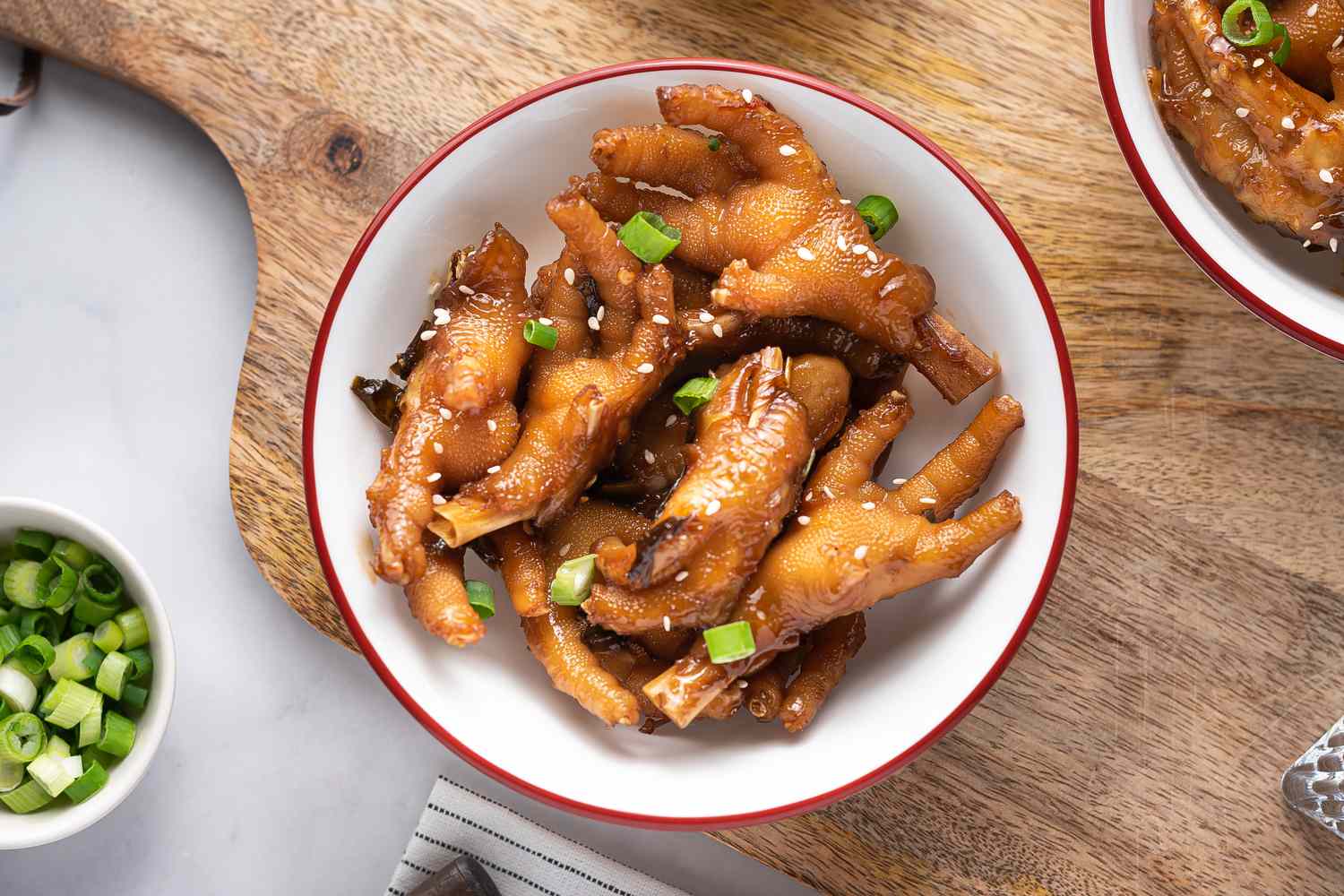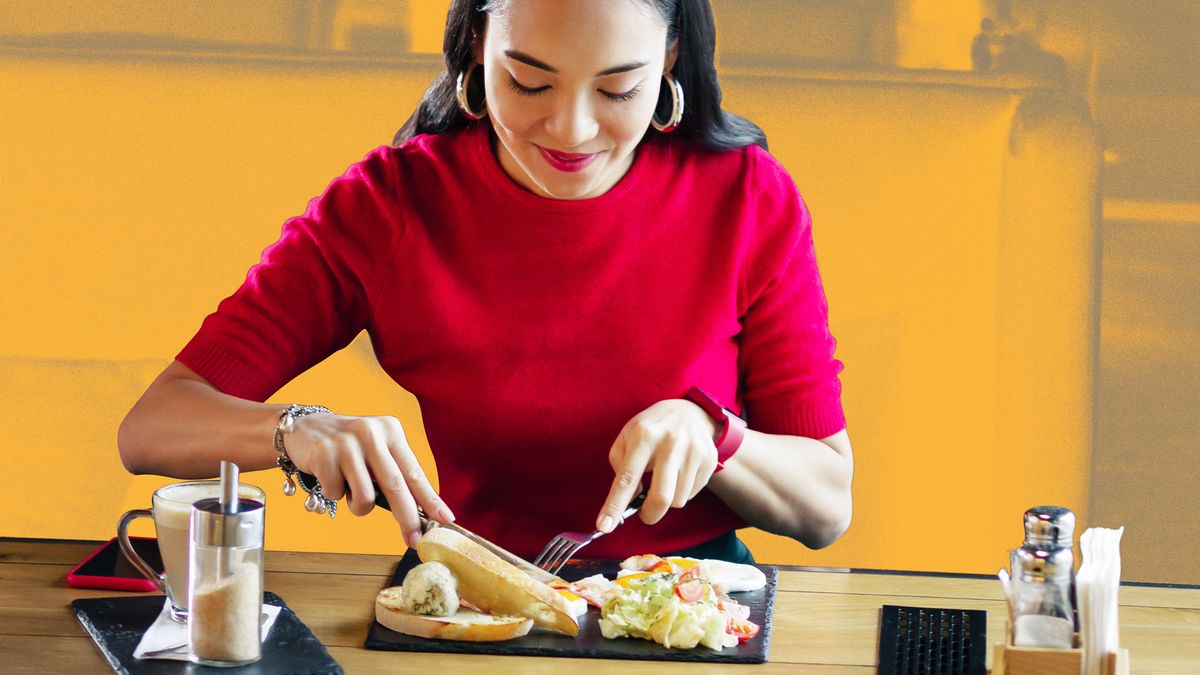What is Intuitive Eating?
Intuitive eating is a philosophy that encourages a healthy attitude towards food and body image. It’s about listening to your body and trusting its signals when it comes to hunger, fullness, and food preferences. Rather than following strict diets or meal plans, intuitive eating focuses on honoring your hunger, making peace with food, and enjoying the pleasure of eating.
Benefits of Intuitive Eating
Embracing intuitive eating can have numerous benefits for your overall well-being. Some of the advantages include:
- Improved Relationship with Food: Intuitive eating helps you break free from the cycle of restrictive eating and binging, leading to a healthier relationship with food.
- Enhanced Body Positivity: By focusing on internal cues rather than external influences, intuitive eating promotes body acceptance and self-love.
- Reduced Stress Around Eating: Letting go of food rules and restrictions can alleviate anxiety and stress related to meal choices.
- Increased Satisfaction: By savoring and enjoying your meals, you can experience greater satisfaction and fulfillment from eating.
How to Eat More Intuitively
Transitioning to intuitive eating may seem daunting at first, especially if you’re used to following strict dietary guidelines. However, with patience and practice, you can cultivate a more intuitive approach to eating. Here are some tips to help you get started:
- Listen to Your Body: Pay attention to your body’s hunger and fullness cues. Eat when you’re hungry and stop when you’re comfortably full.
- Reject Diet Mentality: Challenge the diet culture and the notion of “good” and “bad” foods. All foods can fit into a balanced diet.
- Discover Satisfaction: Choose foods that truly satisfy you and bring you joy. Allow yourself to savor the flavors and textures of your meals.
- Honor Your Feelings: Acknowledge the emotional aspects of eating. Seek alternative ways to cope with emotions without turning to food for comfort.
- Cultivate Mindful Eating: Engage all your senses while eating. Be present and mindful during meals, savoring each bite.
- Respect Your Body: Embrace your body’s natural shape and size. Focus on nourishing and caring for your body rather than trying to change its appearance.
Challenges and Persistence
Transitioning to intuitive eating may not be without its challenges. It’s common to encounter obstacles along the way, especially if you’ve been accustomed to strict dieting. Be patient with yourself and remember that adopting a more intuitive approach to eating is a journey, not a quick fix. It’s okay to seek support from a registered dietitian or therapist who specializes in intuitive eating if you find the process overwhelming.
Embracing Intuitive Eating
Ultimately, intuitive eating is about finding freedom and joy in your relationship with food. By tuning into your body’s cues and embracing a non-restrictive approach to eating, you can cultivate a healthier and more sustainable way of nourishing yourself. Remember, it’s not about perfection, but rather progress and self-discovery on your unique path to intuitive eating.
Embracing intuitive eating can have numerous benefits for your overall well-being. Some of the advantages include:
- Improved Relationship with Food
- Enhanced Body Positivity
- Reduced Stress Around Eating
- Increased Satisfaction











